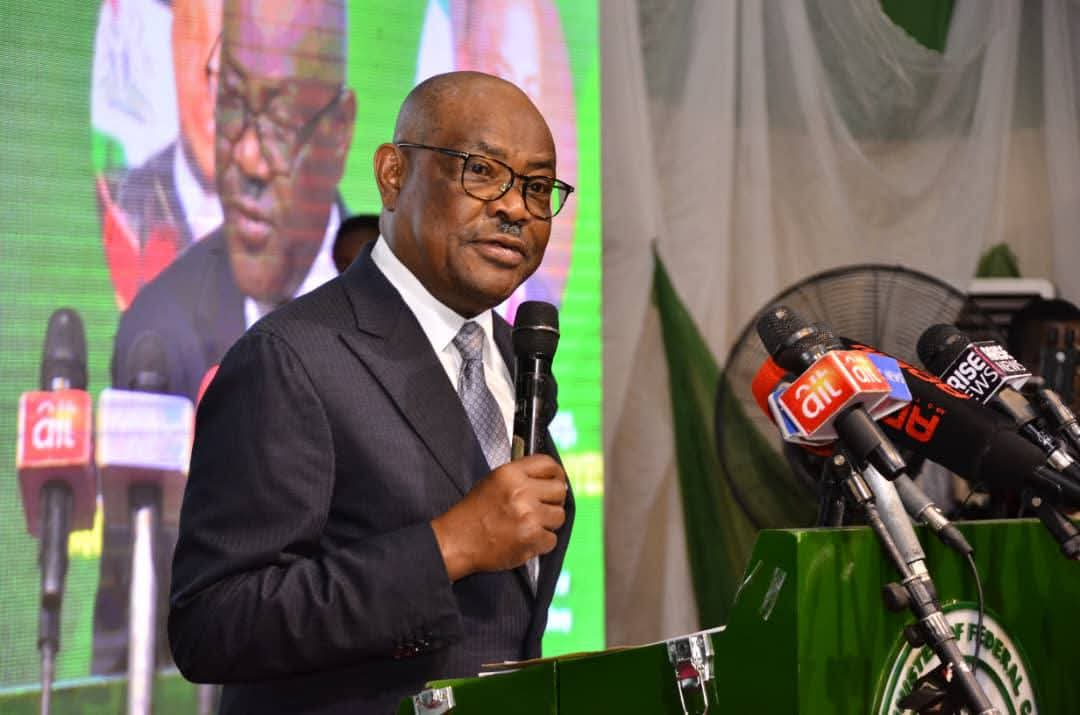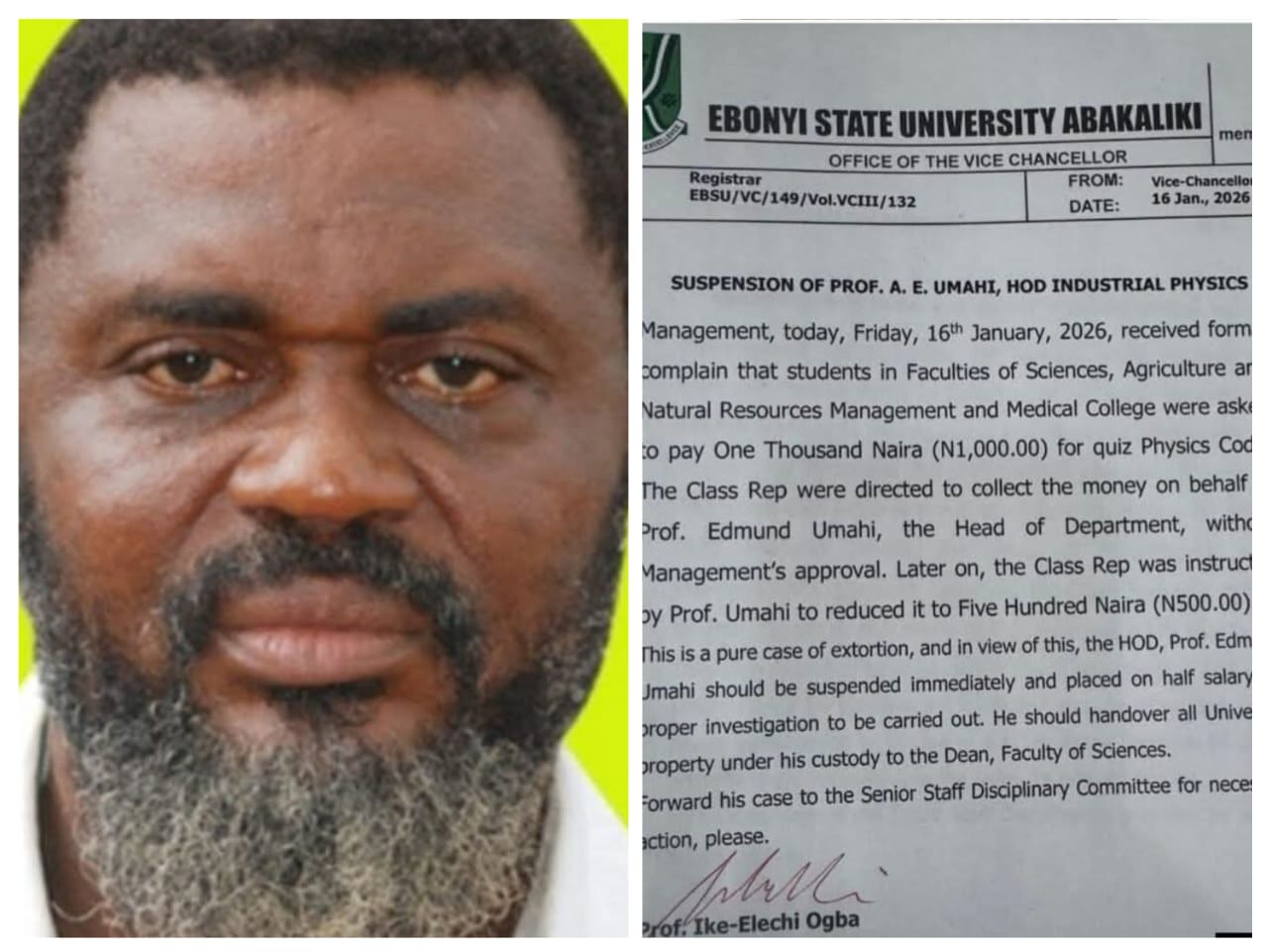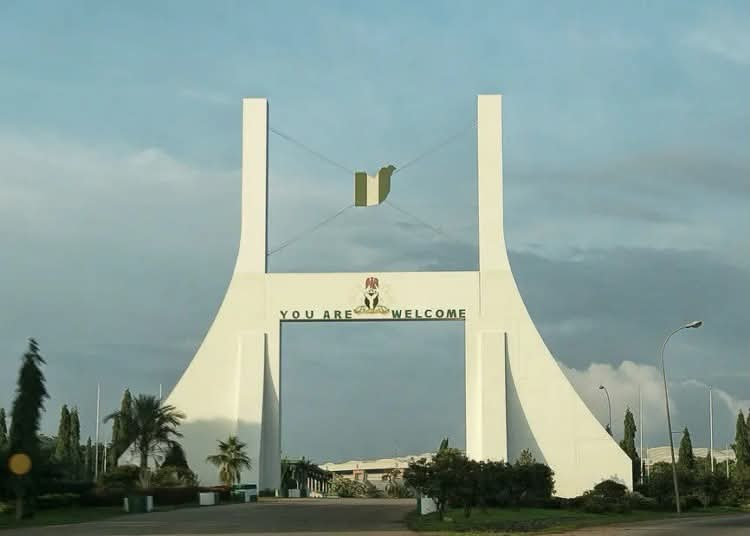
The Crucible of Change
B
By: Folorunso Fatai Adisa
In the earliest stretch of my growing years, there was no internet in Nigeria. Knowledge arrived slowly, like rainfall reluctant to break a drought. Then came the cybercafés, with their dimly lit cubicles and mountainous screens called VDUs. You bought time in minutes, not data, and each second ticked like the heartbeat of a clockwork future. I still remember Mr. Kazeem creating my very first email in 2004, typing with the solemnity of a priest at an altar.
On our street, knowledge had a custodian: the late Alhaji Folorunso Yekinni Adisa, our wealthy neighbour. He was the man of means, owner of a fleet of Blue Mercedes 200 (the famous flat Benz), a Mazda, and a Peugeot 505. His sitting room was a kingdom of grandeur, with king-size chairs, a massive dining table, and a television perched upon a shelf lined with encyclopaedias from A to Z. Those books were our Wi-Fi. Each time an assignment pressed against my young mind (English, history, geography) I would rush to his sitting room, flip through the thick pages, and emerge with answers. On our street, he was not only the richest man but the biggest presence.
The point was simple: then, encyclopaedias anchored knowledge. They were as essential as Wi-Fi routers and laptops are today. Step into the home of any man who valued his children’s education and you would find those heavy tomes resting proudly, waiting to be consulted. Today, unless in libraries, schools, or media houses, encyclopaedias have all but vanished relics of a world we barely remember.
It was the same with entertainment. We once watched films on VHS tapes, bulky cassettes rewound with biro tips when they snarled. Renting them was a business, a livelihood, a world. Then came VCDs, then DVDs, then memory cards, then streaming, and each wave swept away the shops, the stalls, and the lives that depended on them. Yesterday’s empire of tapes became today’s ash heap of nostalgia.
And now, the cycle turns again. Artificial Intelligence sits at our doorstep, the new fire, the new flood. Just as encyclopaedias gave way to Google, and VHS yielded to Netflix, so too will many professions bend, or break, before AI. Writers, teachers, traders, even doctors: no field is immune. The tools that once defined expertise are already being rewritten by algorithms that learn faster, scale wider, and cost less than human labour.
What does this teach us? Change is not a guest that knocks politely, it barges in, rearranges the furniture, and sometimes sets the old house on fire. Those who resist, drown. Those who adapt, thrive. The wise sniff opportunity in the smoke of endings and run toward it, while the foolish remain quacking in complaint, blaming fate, blaming others, blaming the world.
The lesson is unyielding: change is not an enemy. It is the furnace that refines or consumes. And in this age of AI, only those willing to learn, relearn, and unlearn will rise above the ashes. The rest will watch their world vanish, as surely as VHS vanished into memory.




















